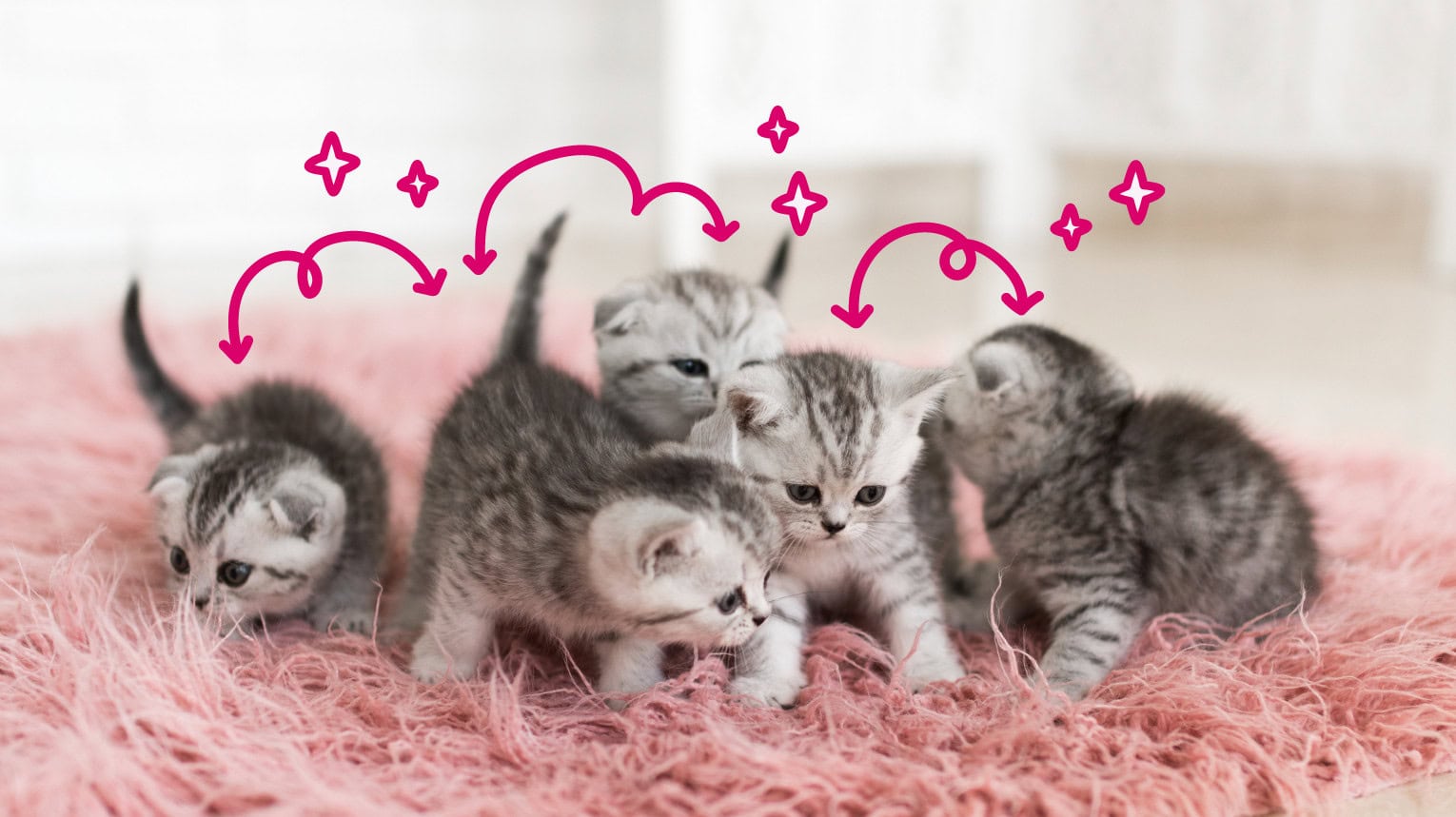Guarding Against Panleukopenia: A Foster Care Guide with Disinfection Tips
Panleukopenia, also known as feline distemper, is a highly contagious and potentially fatal virus that affects cats. As a foster caregiver, understanding how to prevent and control the spread of this disease is vital to ensuring the health and safety of your feline charges.
What is Panleukopenia?
Panleukopenia is caused by a highly contagious virus that attacks a cat’s immune system and intestinal tract. It spreads rapidly through exposure to infected feces, contaminated environments, and objects. The virus is especially dangerous to kittens and unvaccinated cats, but even vaccinated cats can be at risk if their vaccination series is incomplete.
Recognizing the Signs
Early detection can be lifesaving. Watch for:
Severe vomiting
Diarrhea (sometimes bloody)
Fever
Loss of appetite
Lethargy
Dehydration
Sudden decline in white blood cell count
If you notice any of these symptoms, schedule an appointment through Acuity immediately for our medical team to evaluate your foster. Whenever possible, upload photos or videos so our team can assess the situation even before the dog arrives.This helps us prepare the right treatment and support
To schedule a medical appointment, follow the link below:
https://fwacc.as.me/schedule/370995a2
Preventative measures are your most powerful tools in combating panleukopenia:
Vaccination Protocol
Vaccinating your foster cat against panleukopenia is critical. Cats should receive the initial vaccination series and ongoing boosters as assigned by our medical team. Kittens typically begin their vaccine series at 6-8 weeks of age, with FWACC requiring booster vaccines every two weeks until 20 weeks of age.
Vaccinations significantly reduce the risk of infection, but incomplete or missed vaccinations leave cats vulnerable.
Isolation and Quarantine
Newly arrived cats, especially kittens or those who are unvaccinated or have unknown vaccination histories, should be kept in isolation for at least two weeks. This quarantine period helps prevent disease spread in case they are incubating or infected.
Disinfection and Hygiene Practices
Panleukopenia virus can survive on surfaces for months, making diligent cleaning essential:
Scoop litter boxes daily and replace litter frequently.
Wash bedding, toys, and bowls with hot water and a veterinarian-approved disinfectant.
Wipe down all surfaces, including floors, counters, and furniture, with disinfectant.
Always wash your hands thoroughly after handling cats or cleaning contaminated areas.
Use disposable gloves and dedicated cleaning tools for infected areas.
Recognizing and Responding to Illness
If your foster cat shows symptoms of panleukopenia:
Isolate immediately to prevent spread.
Contact your foster coordinator
Schedule a medical appointment
Final Tips for a Healthy Feline Foster Environment
Maintain a strict vaccination schedule.
Follow diligent hygiene and disinfection protocols.
Isolate new or suspected sick cats until cleared.
Monitor your foster cats daily for signs of illness..
Your ongoing vigilance, strict vaccination adherence, and thorough disinfection practices are vital to preventing panleukopenia. Working together, we can create a safe, healthy environment where foster cats can recover and find loving homes.
For questions, support, or more information, contact us at:
FWACCfoster@fortworthtexas.gov

